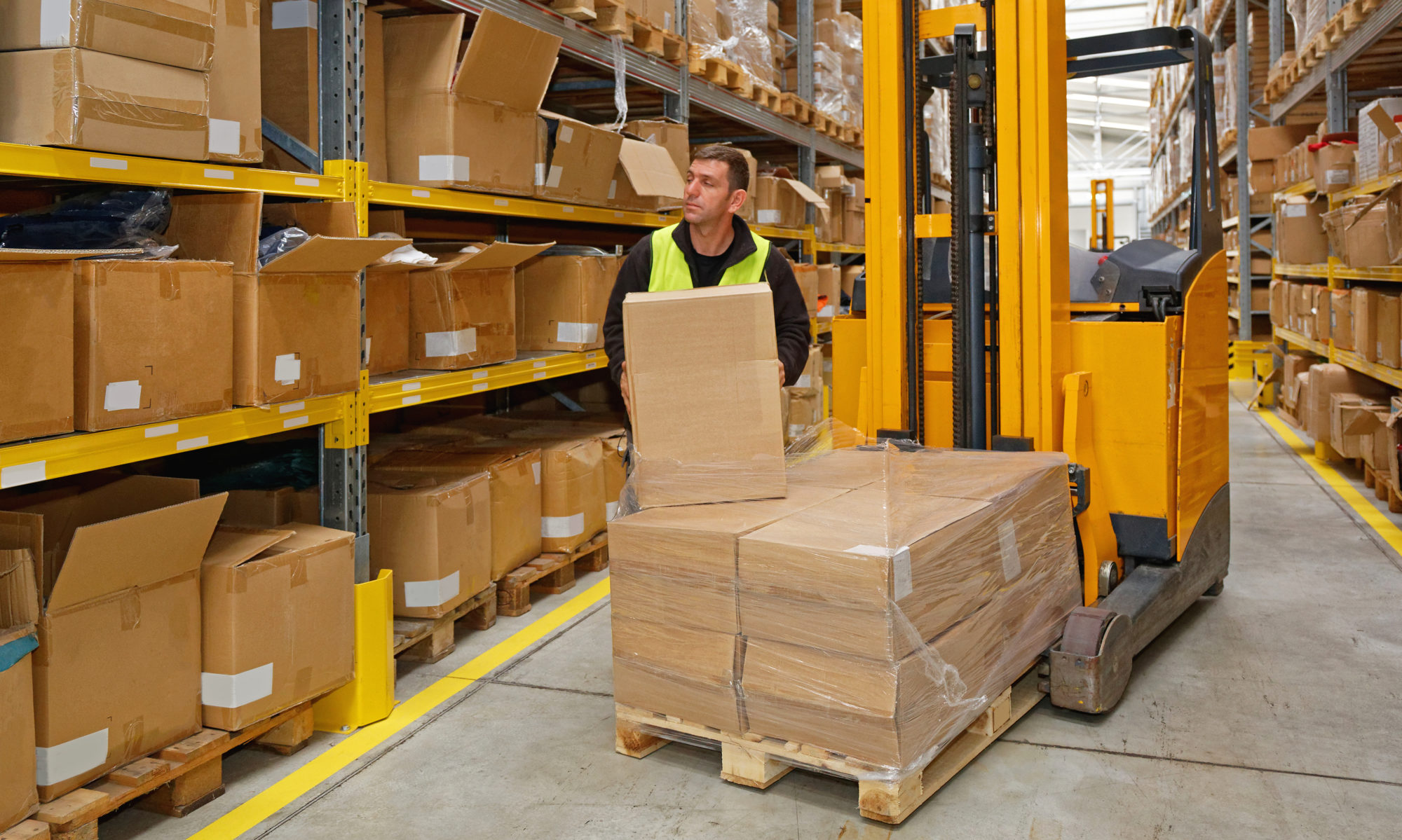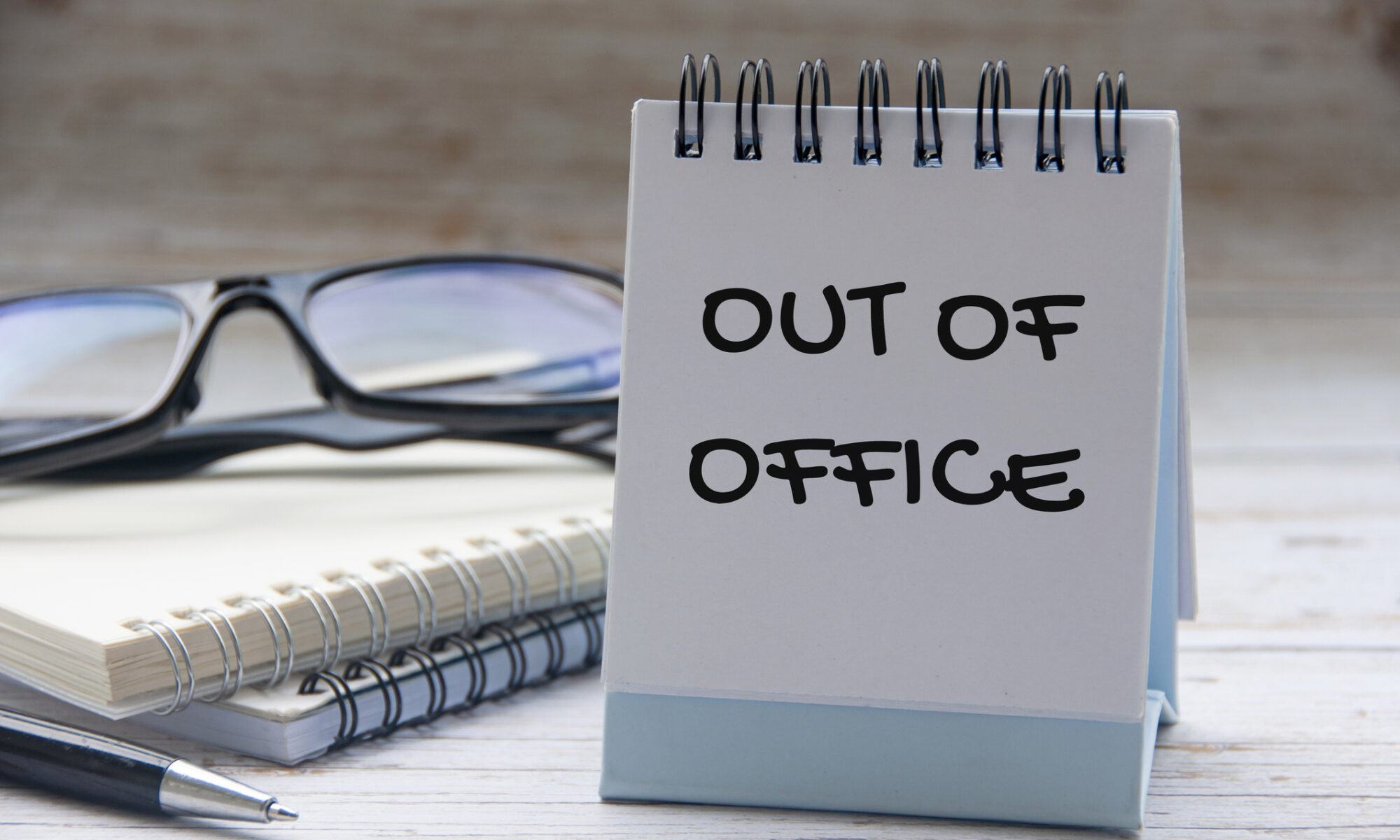Meet Chloe. At 24, she’s the proud owner of “Glitter to Go,” a TikTok Shop that sells custom-blended, biodegradable craft glitter. What started as a quirky hobby in her parents’ garage quickly exploded into a viral sensation. One video of a cat accidentally knocking over a jar of her “Stardust Sea” blend, creating what looked like a shimmering galaxy on the floor, got 10 million views. Orders started pouring in.
At first, it was fun. Chloe, her mom, her dad, and two of her best friends formed an impromptu assembly line in the living room. They called themselves the “Glitterati.” Dad was on box assembly, Mom was the master packer (no one could fold tissue paper like her), and her friends handled labeling and taping. Chloe managed the orders, printed the labels, and kept everyone supplied with pizza and morale.
But the viral fame didn’t stop. Chloe’s shop was featured in a major influencer’s “Favorite Finds” video, and suddenly, the orders went from hundreds a day to thousands. The Glitterati were no longer glittering.
From Living Room Chaos to Family Mutiny
The living room looked less like a home and more like a glitter-fueled disaster zone. Cardboard boxes formed precarious towers that threatened to topple with every footstep. The family dog, a golden retriever named Gus, was permanently sparkling. Chloe’s dad, a retired accountant, had developed a nervous twitch every time he heard the sound of packing tape.
The breaking point came on a Tuesday. After a 14-hour packing marathon, fueled by lukewarm coffee and the last of the stale donuts, Chloe’s mom put down her tape gun. She had a streak of “Unicorn Dream” glitter across her forehead and a look of sheer exhaustion in her eyes.
“Honey,” she said, her voice gentle but firm. “I love you, and I love that your business is a success. But I found a sequin in my salad today. Your father is seeing shipping labels in his sleep. We can’t do this anymore.”
It was a full-blown, albeit very polite, family mutiny. Chloe’s friends had already bowed out gracefully, citing the need to, you know, have lives. She was on her own, staring at a mountain of unfulfilled orders and the very real possibility of her five-star rating taking a nosedive.
The Hunt for a Fulfillment Hero
Chloe knew she needed help. Professional help. She needed a fulfillment partner. Her search began with a frantic late-night Googling session. She pictured massive, impersonal warehouses where her lovingly crafted glitter would become just another SKU in a sea of products. She worried about costs, contracts, and losing the personal touch she had worked so hard to build.
Her needs were specific:
Affordability: She was profitable, but she wasn’t Jeff Bezos. The pricing had to make sense for a growing small business.
Flexibility: Her sales were spiky. One viral video could mean a 500% increase in orders overnight. She needed a partner who could scale with her, not penalize her for sudden success.
Nationwide Coverage: Her customers were everywhere, from Miami to Seattle. Shipping from her parents’ house in Ohio was slow and expensive for coast-to-coast orders. She dreamed of two-day shipping.
That’s when she found us. With our bicoastal warehouses in Los Angeles and Boston, we immediately stood out. She saw the potential to slash her shipping times and costs by strategically splitting her inventory between our two locations. A customer in California could get their order from our LA facility in a day or two, while a customer in Maine could get theirs just as quickly from Boston.
How We Helped Chloe Reclaim Her Sanity (and Her Living Room)
Chloe scheduled a call, half-expecting a high-pressure sales pitch. Instead, she got a partner. We listened to her story (we’ve heard many like it!) and understood her panic. We didn’t just see a spreadsheet of order volume; we saw a passionate entrepreneur who needed a lifeline.
Here’s how we solved Chloe’s glitter crisis:
Step 1: A Simple, Transparent Plan
We walked her through a clear, easy-to-understand pricing model with no hidden fees. We showed her exactly how much it would cost to store her products and fulfill her orders. We even ran a cost simulation based on her previous month’s sales, demonstrating how our bicoastal model would save her an average of 18% on shipping costs compared to shipping everything from a single, central location. The numbers made sense. Chloe’s dad, the retired accountant, even gave it a nod of approval.
Step 2: Seamless Onboarding
Getting Chloe’s “ShimmerPop Creations” into our system was a breeze. Our platform integrated directly with her TikTok Shop. Within a couple of hours, her products were synced, and we were ready to receive her inventory. We coordinated the freight shipment from her parents’ garage—a day of celebration for her family, who threw a “Goodbye, Boxes!” party. We handled the receiving and stocking, splitting her inventory intelligently between our Los Angeles and Boston locations based on her sales data.
Step 3: Fast, Reliable Fulfillment
The moment a new order hit Chloe’s shop, our system got to work. The order was automatically routed to the closest warehouse. Our team picked, packed, and shipped it, often on the same day. Chloe could watch it all happen from her dashboard, feeling a sense of calm she hadn’t felt in months.
The best part? Her customers noticed. Her reviews started filling up with comments like, “Wow, that was fast!” and “I ordered this two days ago and it’s already here!” Her five-star rating was secure.
The Happily Ever After
Today, Chloe’s business is bigger than ever. She’s expanded her product line to include glitter-infused craft paints and DIY kits. She spends her time not on packing boxes, but on creating content, dreaming up new products, and engaging with her community. She’s a CEO, not a shipping clerk.
Her parents have their living room back, and Gus the dog is no longer a walking disco ball (mostly). Chloe’s mom still occasionally puts a pinch of “Stardust Sea” in her greeting cards for a personal touch, but her tape-gun days are over.
Chloe’s story is a perfect example of what happens when a great product meets the right operational support. You don’t have to sacrifice your family, your sanity, or your living room to build a successful e-commerce brand. You just need a partner who can handle the logistics, so you can focus on the magic.
Although this is a fictional case study, it is an illustration of what we do and how we do it. If you have an exploding TikTok Shop, Medallion Fulfillment & Logistics is ready to step in and relieve your “Glitterati” and make life easier for you to focus on what you do best – making great TikTok videos that drive even more business.
Find out how Medallion Fulfillment & Logistics can help you today!





